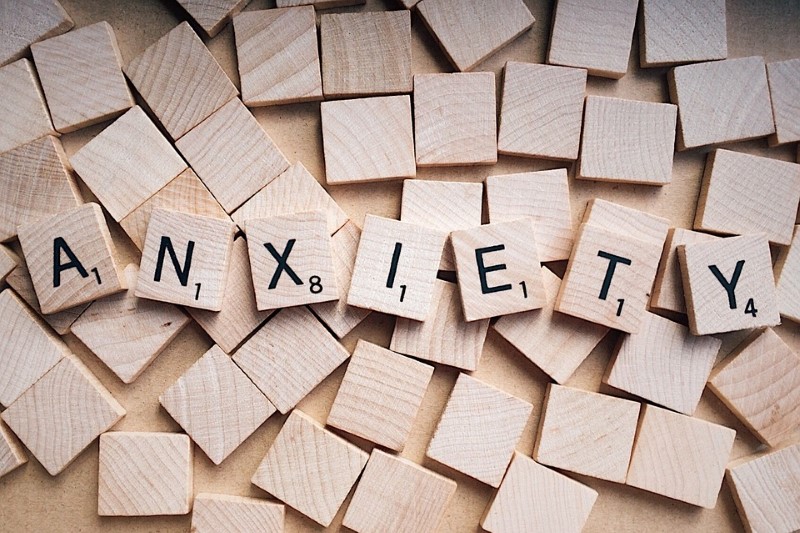Generally anxiety is a normal reaction and we need this to survive. It only becomes a problem when it gets out of our control. Learning to understand our body and our own normal range of anxiety is paramount to us being able to manage heightened anxiety and sometimes even a panic attack.
Once we sense fear or danger our body goes into survival mode. It has to understand whether to fight, flight or freeze. Our bodies work harder and faster if there is a perceived threat and we need to assess how to react and what to do. If we decide to take flight we will run away from the danger and give ourselves some space. If the fight reaction kicks in we may decide to stand and face the threat head on. Should we freeze we will do nothing.
Whatever we decide to do our brain is alerted to the threat there are a lot of things that happen within the body during this time leading us to experiencing different sensations. For example, your heart will beat faster as it pumps more oxygen and energy to the muscles. Your stomach shuts down as blood and energy are diverted to the muscles, giving you a butterfly feeling in your tummy. You can feel sweaty as your skin sweats to cool hot working muscles. You may feel tension or ache in your muscles as they begin to get tense to react faster. Calcium is released from the tense muscles which may give you pins and needles. The breathlessness you sometimes feel comes from your airway widening to let in more oxygen whilst the lungs work harder. You may have a dry mouth or have difficulty in swallowing due to the saliva being redirected into the bloodstream. The effects of your vision sharpening may lead you to have fuzzy eyesight.
Whilst these sensations can be a little scary it is important to understand that these are normal reactions and will not harm us.
Sometimes however we can feel threatened for no reason and the adrenalin will still kick in and give us all the unpleasant sensations. If we are not able to deal with either fight, flight or freeze this can take a while and where the negative thinking comes into play. These thoughts are unhelpful and can often increase the anxiety and negative thinking and in turn release even more adrenalin into our system exacerbating the physical symptoms and rendering us less able to control our emotions.
So having looked at how the anxiety can affect our bodily sensations we can now see how they affect our thought patterns.
Thinking negatively can affect our behaviour too. It becomes a constant cycle of challenging our body, thought, mood and behaviour. The good thing is that it only takes one small change within that cycle to make a big difference to the way you feel.
What are some of the negative thoughts you have had surrounding an anxiety provoking situation. Can you see how they may have got wildly out of control?

